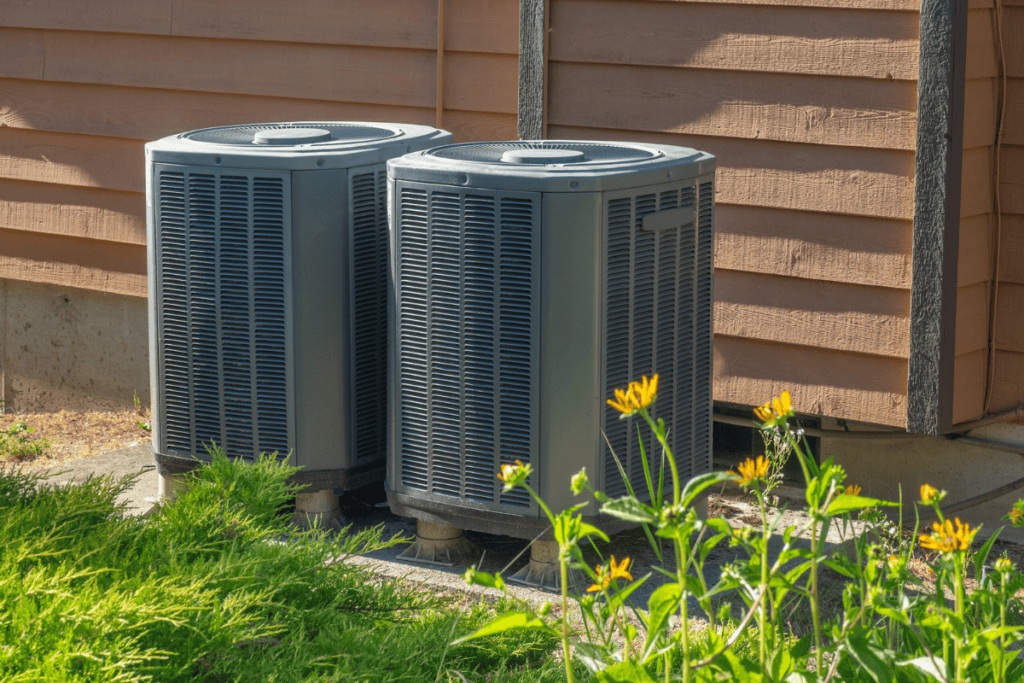It is a very hot summer day, and you’re desperate to cool down your living space. Your air conditioner is ready to go, but the nearest outlet is just out of reach. You search through your drawers and find an extension cord – problem solved, right? Not so fast!
Before you plug your AC into that convenient extension cord, consider this alarming statistic from the US National Fire Protection Association (NFPA): using an extension cord with your unit can lead to overheating and potential fire hazards.
It’s tempting to rely on extension cords for powering devices that are far from outlets, but when it comes to your ac unit, taking this shortcut could put your home and family at risk. Air conditioners require a significant amount of power to function properly, and extension cords simply aren’t designed to handle such a heavy load.
Even if it seems like a convenient temporary solution, the consequences of an electrical fire far outweigh any short-term benefits.
In this article, we’ll tell you about the dangers of plugging your AC into an extension cord and explore safer alternatives to keep your home cool and comfortable without compromising your safety.
Contents
Precautions to Take When Using an Extension Cord for Your Air Conditioner
When using an extension cord to power your air conditioner, it’s crucial to take certain precautions for the safety of your home. While it’s not recommended to plug an air conditioner into an extension cord or power strip, if you must do so temporarily, follow these guidelines to minimize risks.
1. Avoid Overheating
One of the primary concerns when using an extension cord with your AC unit is the potential for overheating. Regularly check the air conditioner, wall outlet, extension cord, and any connected power strips for signs of warmth.
If any component feels warm to the touch, immediately unplug the AC and have it inspected by a professional electrician. Over straining can lead to melted insulation, wire sparking, and even electric fires.
According to the National Fire Protection Association (NFPA), even minor temperature spikes can indicate excessive resistance or electricity usage. To prevent this, avoid running the extension cord under furniture or rugs, as this can trap heat and increase the risk of fire.
2. Drop in Voltage
When using an extension cord, even a heavy-duty one, you may experience a drop in voltage that can affect the performance of your air conditioner. This can cause the AC unit’s motor to stall, increasing stress on the appliance and accelerating wear on its components.
To minimize voltage drops, opt for a shorter extension cord with a higher gauge (thicker wire). A 12-gauge extension cord is recommended for most window air conditioners, but always consult your AC’s manual for specific requirements.
3. Other Safety Tips
In addition to monitoring for over straining the cord and using the appropriate gauge cord, there are several other safety measures to keep in mind when using an extension cord with your air conditioner:
- Keep the extension cord visible to reduce tripping hazards and prevent damage from foot traffic.
- Secure the cord to the wall with tape to keep it out of the way and minimize the risk of damage.
- Plug the extension cord directly into a wall outlet, avoiding the use of additional cords or power strips, which can further reduce voltage and increase resistance.
- Regularly inspect the extension cord for any signs of damage, such as burn marks, melting, or exposed wires, and replace it immediately if any issues are found.
Things to Consider When Choosing an Extension Cord for Your AC Unit
When selecting an extension cord for your air conditioner, it’s important to consider several factors for the safe and efficient operation of your AC unit. Here are some key points to keep in mind:
1. Power Efficiency and Amperage
Determine your air conditioner’s power efficiency or amperage to select an appropriate extension cord. Make sure the extension cord’s current capacity matches your AC unit’s power needs to minimize power loss and prevent overloading.
2. Wire Gauge
Select an extension cord with a wire gauge that can handle double the required amps of your air conditioner for safe electricity transfer. As a general rule, use a 12-gauge extension cord for most types of AC units, unless otherwise specified in your manual.
3. Cord Length
Opt for a shorter extension cord to reduce resistance and prevent power overuse. Longer cords may cause a drop in voltage, leading to decreased performance and potential damage to your air conditioner.
4. Grounding and Safety
Choose an extension cord with three prongs for proper grounding to mitigate the risks of electrocution, damage, or fires. Look for extension cords with built-in surge protectors for added safety and protection against power surges.
5. Heavy-Duty Rating
Select a heavy-duty extension cord that is rated for outdoor use if your air conditioner is a window unit or portable AC. Heavy-duty cords are designed to withstand the elements and provide a more durable solution for powering your air conditioner.
Alternatives to Using Extension Cords for Your Air Conditioner
While extension cords may seem like a convenient solution for powering your air conditioner, they can pose safety risks and decrease the efficiency of your AC unit. Here are some alternatives to consider:
1. Surge Protector
If you can’t plug your air conditioner directly into a wall power outlet, using a surge protector is a safer option than an extension cord. Surge protectors are designed with built-in safety features, such as overload protection and grounding, which can help reduce the risk of electric fires and other hazards associated with improper electrical connections.
When choosing a surge protector for your AC unit, make sure it has the appropriate amp rating to handle unit’s power requirements.
2. Direct Wall Outlet Connection
Whenever possible, plug your air conditioner directly into a wall outlet. This eliminates the need for extension cords or power strips and provides a stable power supply without the risk of voltage drops.
If your AC unit’s power cord isn’t long enough to reach a nearby outlet, consider relocating the unit or having a professional electrician install a new outlet closer to your desired location.
3. Power Outlet Adapters
Power outlet adapters can be used to connect your air conditioner’s plug to different types of outlets without the need for an extension cord. These adapters maintain a secure connection and reduce the risk of electrical hazards compared to extension cords.
However, remember power adapters have specific power ratings, either in volts or watts, that they can handle and output to a certain device. If you need an adapter for multiple appliances, look for a universal AC adapter that can accommodate various devices.
4. Dedicated Circuit Installation
For a more permanent solution, consider having a professional electrician install a dedicated circuit for your air conditioner. This ensures that your AC unit receives sufficient power without overloading existing circuits, minimizing the risk of tripped breakers and fires. A dedicated circuit provides a safer and more reliable power source for your air conditioner, eliminating the need for extension cords or power strips.
5. Placement Optimization
Assess your room layout and determine if you can position your air conditioner closer to an existing power outlet. By minimizing the distance between your unit and the outlet, you can reduce the need for an extension cord and improve energy efficiency.
Shorter power cords have less resistance, which means your air conditioner won’t have to work as hard to maintain the desired temperature.
6. Built-in Cord Management Systems
Some newer air conditioner models come equipped with built-in cord management systems. These systems allow you to neatly organize and secure the power cord, reducing clutter and minimizing the risk of tripping hazards often associated with loose extension cords. If you’re in the market for a new air conditioner, look for models with this feature to help keep your space safe and tidy.
7. Professional Installation Services
When in doubt, seek the assistance of a professional HVAC technician or electrician. They can assess your home’s electrical setup and determine the safest and most efficient way to power your air conditioner.
Professional installation ensures that your unit is connected to the appropriate outlet and that all electrical connections meet safety standards. This provides peace of mind knowing that your air conditioner is installed correctly and operates safely without the need for extension cords.
Contact HVAC Angel For All Your HVAC Needs
When it comes to ensuring the safety and efficiency of your air conditioner, sometimes the best solution is to seek professional help. If you’ve tried various alternatives like plugging your air conditioner into a power strip and are still experiencing issues with your unit, it’s time to call in the experts at HVAC Angel.
Our team of highly skilled technicians has the knowledge and experience to assess your home’s unique HVAC needs and provide tailored solutions that prioritize safety and performance.
Whether you need help installing a dedicated circuit for your air conditioner, optimizing its placement for maximum efficiency, or troubleshooting any electrical issues, HVAC Angel is here to help.
Don’t let electrical concerns or inefficiencies compromise your comfort or safety – trust the professionals at HVAC Angel to handle all your HVAC needs with expertise and care.
Frequently Asked Questions
1. Do air conditioners need a dedicated circuit?
Yes, it is recommended that air conditioners have a dedicated circuit so that they receive sufficient power without overloading other devices or circuits. A dedicated circuit helps prevent tripped breakers, electrical fires, and damage to your unit.
2. What cannot be plugged into an extension cord?
Large appliances such as air conditioners, refrigerators, and washing machines should not be plugged into extension cords. They require a significant amount of power and can easily over burden extension cords, leading to potential fire hazards and damage to the appliance.
3. Why do appliances say no extension cord?
Appliances often come with warnings against using extension cords because they are not designed to handle the high power demands of these devices. Extension cords can overheat, cause voltage drops, and increase the risk of electrical fires when used with appliances that draw a lot of power.
4. How do I know if my extension cord is overloaded?
Signs that your extension cord is overloaded include the cord feeling hot to the touch, any visible melting or damage to the cord or plug, and the cord making buzzing or crackling sounds. If you notice any of these signs, unplug the cord immediately and discontinue its use to prevent potential fire hazards.

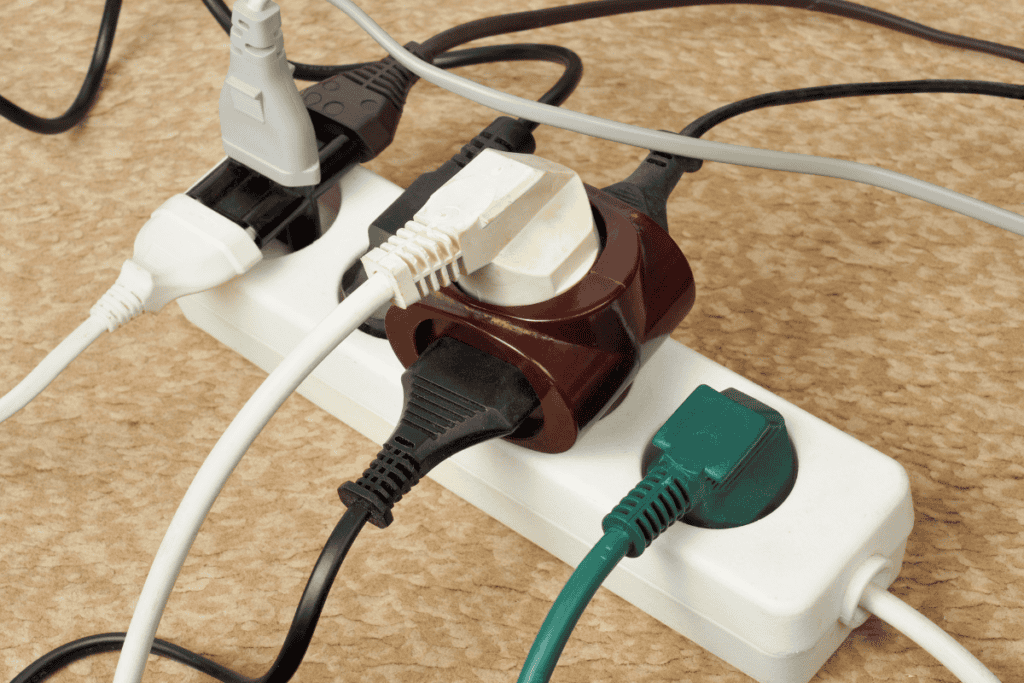
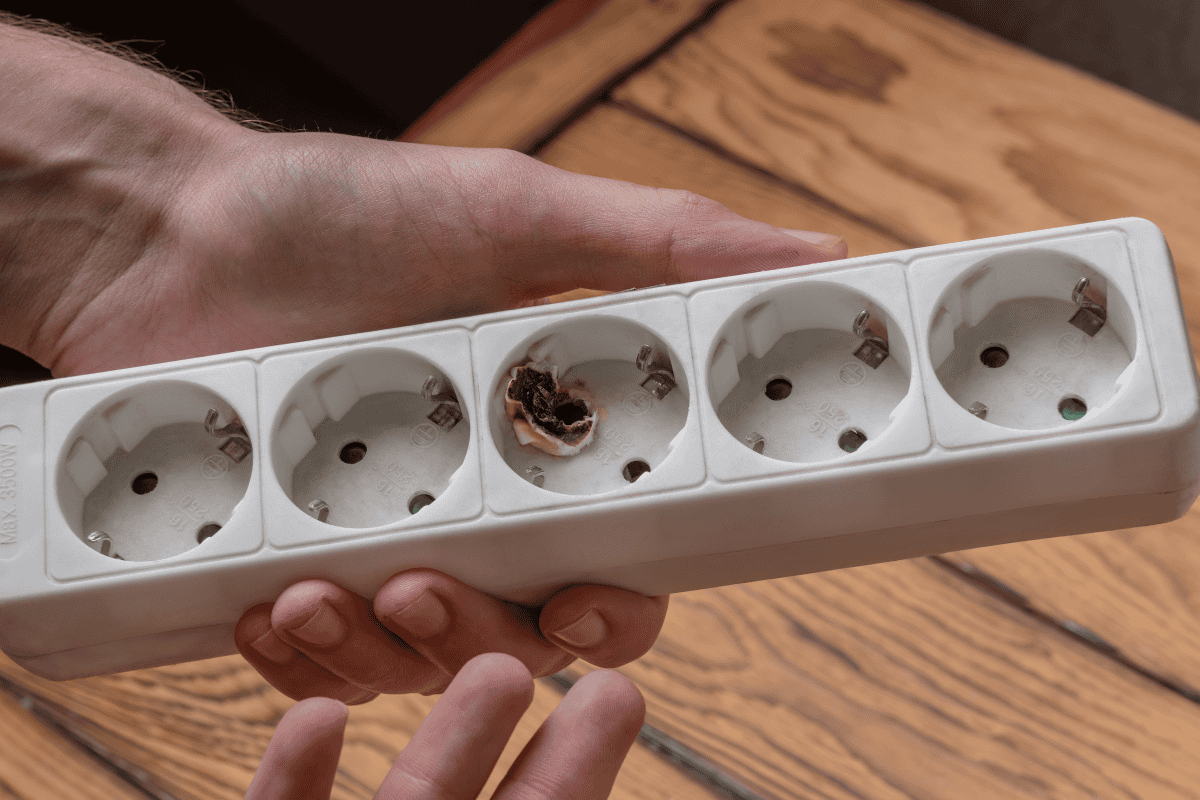
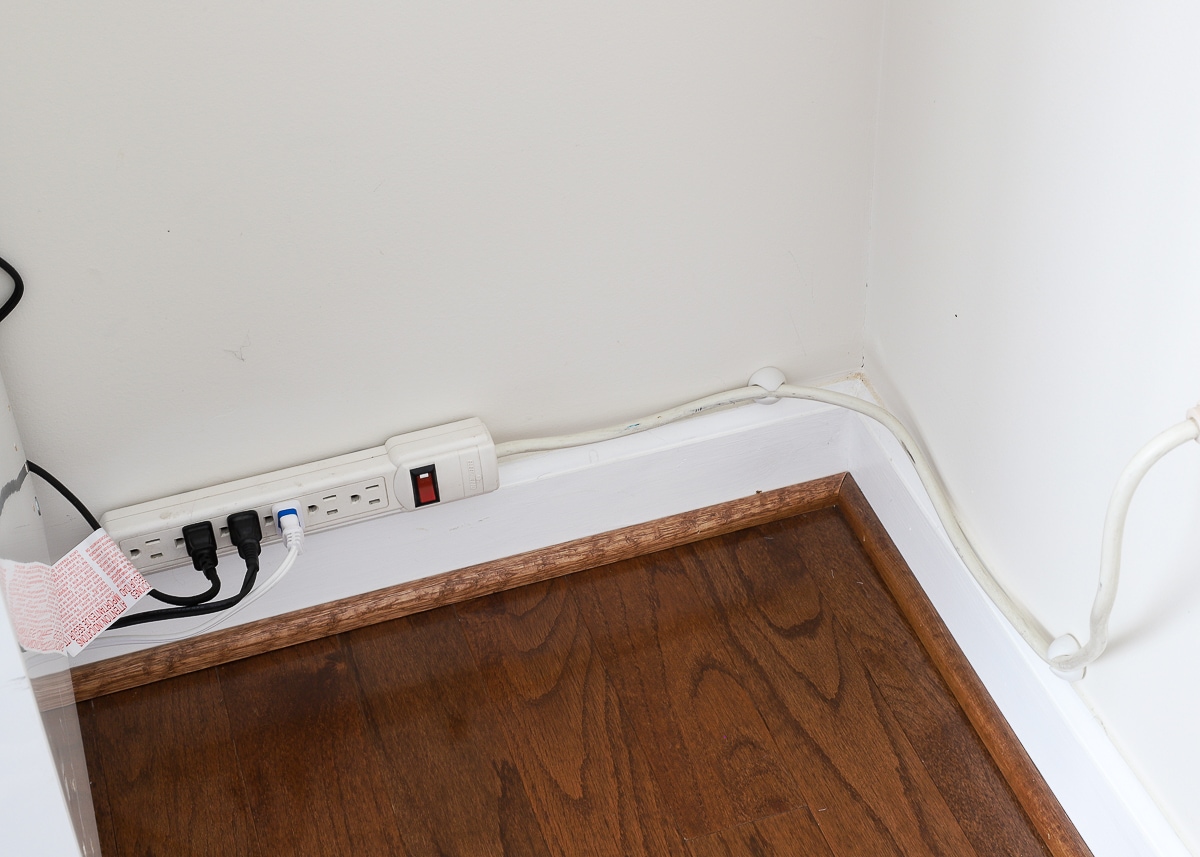
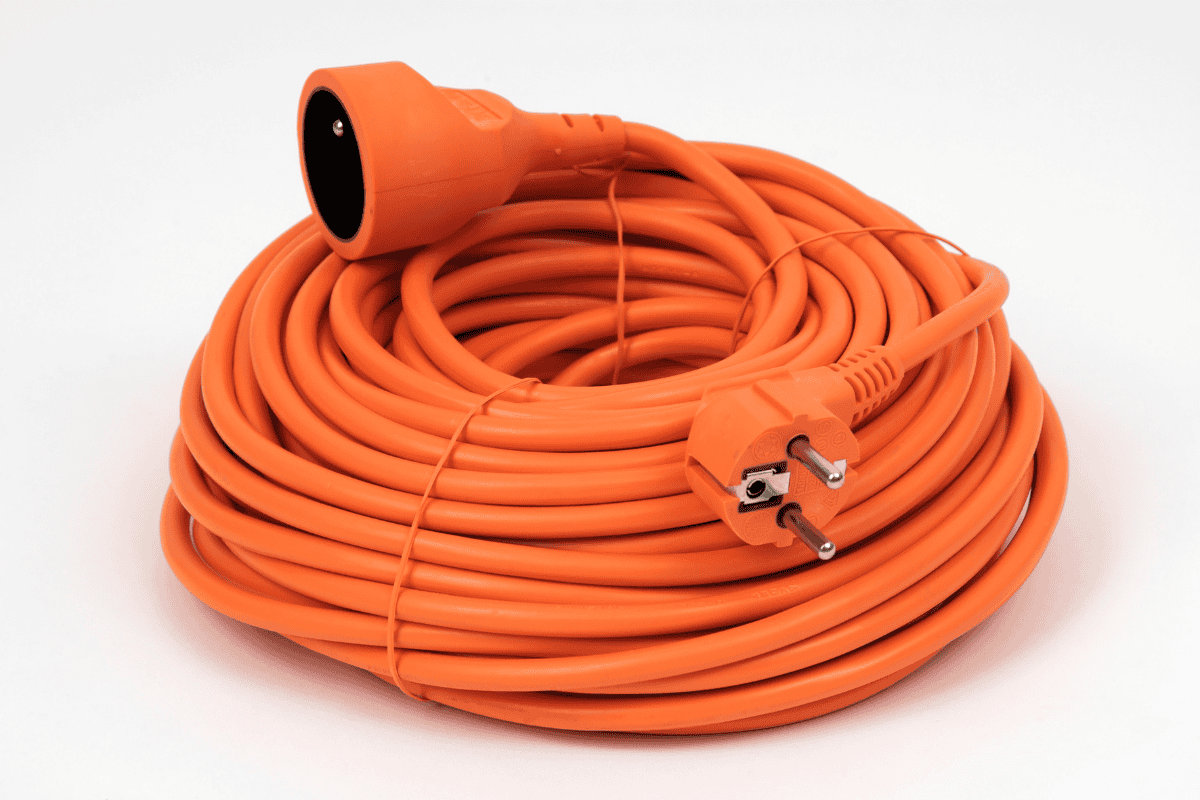

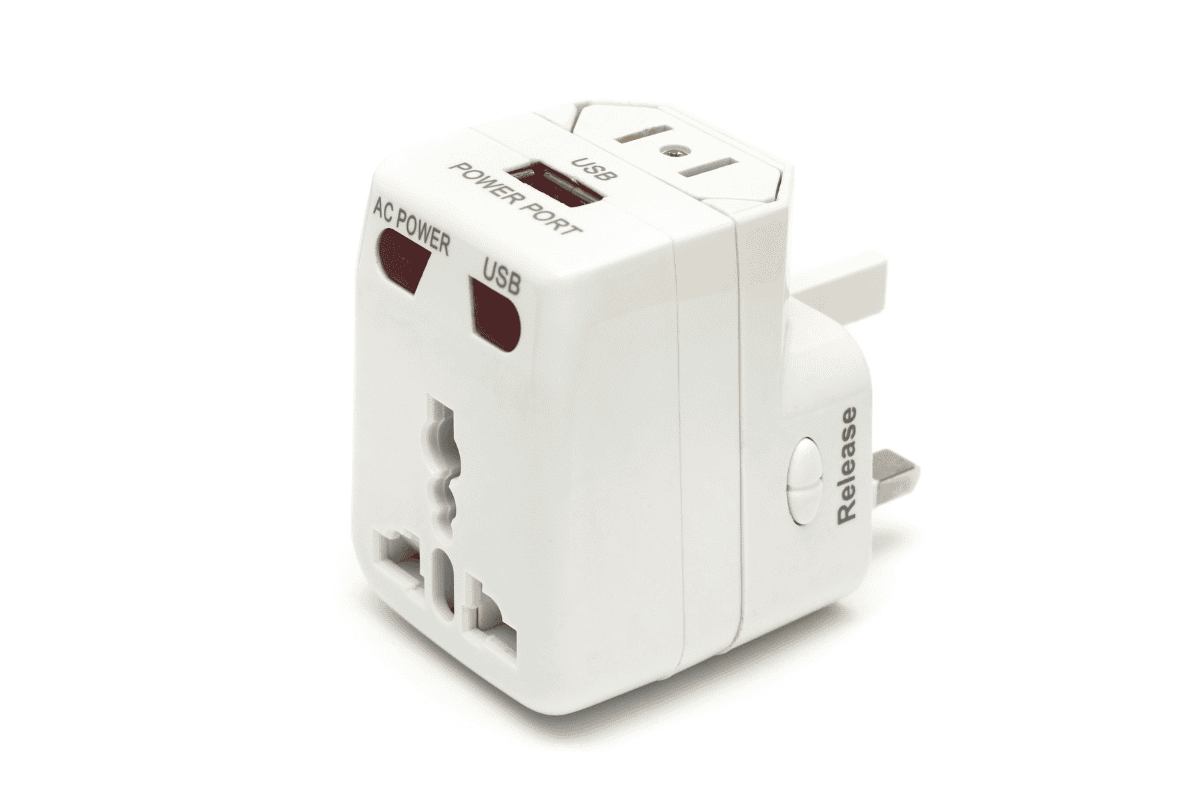
![9 Reasons That Causes an AC Unit to Freeze Up: [Troubleshooting Guide]](https://hvacangel.com/wp-content/uploads/2024/05/what-causes-a-ac-unit-to-freeze-up-1024x683.png)
